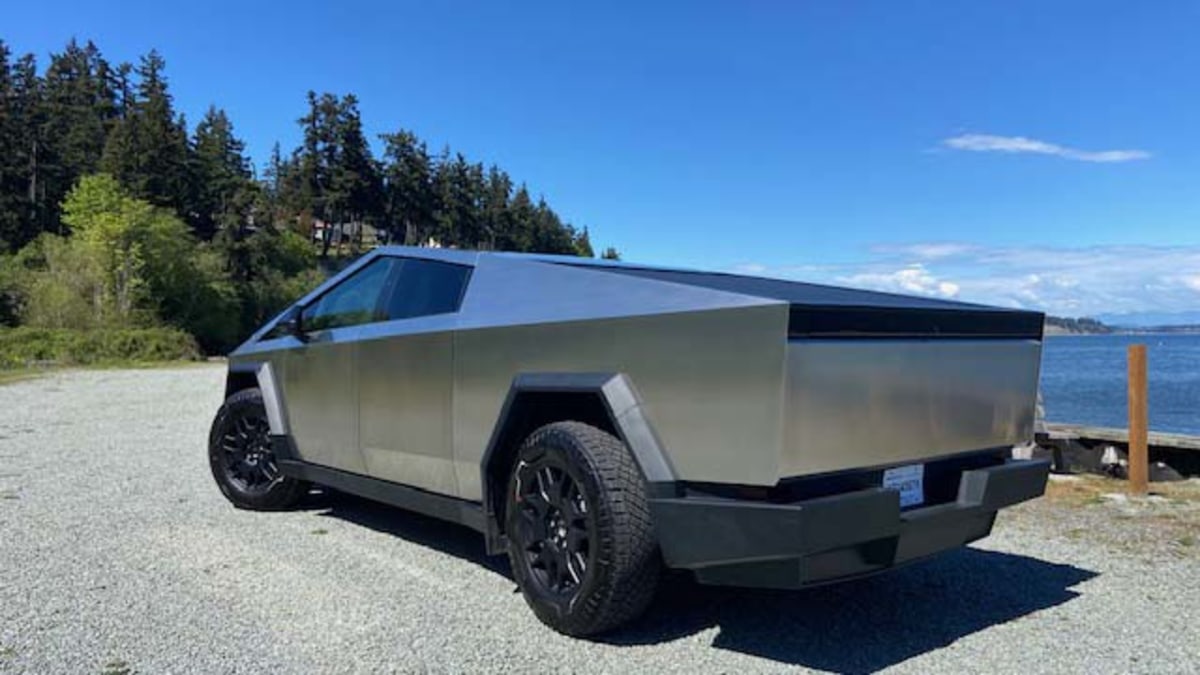
When the New York Times take a journalistic scalpel to a car review — here’s the Tesla Cybertruck — you’d expect an essay less about crankshafts and more about psychology.
Reporter Joseph Bernstein’s article on Styles, titled “A Culture War on Wheels,” is a deep dive into the culture created by Elon Musks monstrous experiment in mobility, and no reference is made to horsepower or 0-60 speed.
Instead, the author attempts to explore the polarizing effect of Musk’s $80,000 invention and the attitudes it has shaped not only among a breed of “macho” men but also among women and children. The reactions to the machine by owners and gawkers go beyond “pretty” or “ugly,” Bernstein suggests; they have to do with politics, social status, and projecting “cool.”
“Consumers have long expressed their personalities and lifestyles through their cars – think midlife crisis Corvette,” he writes. “But no car — or, for that matter, any consumer product — has provoked such a powerful reaction, carried such a loaded cultural meaning in years. It all starts with Mr. Musk.”
The piece does indeed take the trouble, and sometimes struggles to do so, it seems, to draw parallels between the enigmatic Musk and the 6,000-pound wedge of stainless steel, treating both as “attention seekers loved by some and loathed by others.” The author quotes an engineer who says with great insight: “The Cybertruck is very difficult to separate from Elon Muskbecause it doesn’t really make sense.”
In a comparison that may not seem entirely logical on its own, Bernstein at one point refers to Chrysler‘S PT cruiser from 25 years ago, the clumsy retro hatchback that, according to him, “regularly tops the lists of the ugliest cars ever made, but it was a hit with consumers.”
He then quotes Clotaire Rapaille, an anthropologist and marketing consultant whose research into consumer psychology for Chrysler influenced the design of the PT Cruiser.
“We had people who hated it and loved it,” she said. “And that was enough to create a market. You don’t need everyone to love you. You just need enough people to love you to make it a huge success.”
The reasons to buy a Cybertruck (some of which are mentioned above) have been extensively described since they came onto the market. Tesla‘s plant late last year. Still, it is somewhat surprising how much fascination it arouses among bystanders.
As Bernstein notes, “For the legions of passersby who, according to their owners, want to touch their Cybertrucks, sit on their Cybertrucks, and take selfies with their Cybertrucks, the vehicle is not a political or cultural focal point. Instead, it is something rarer: a truly new piece of mass design.”
Read the whole story hereA Times subscription may be required.
